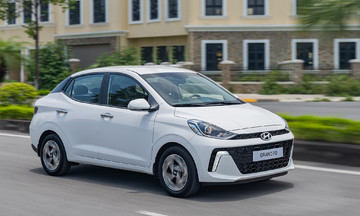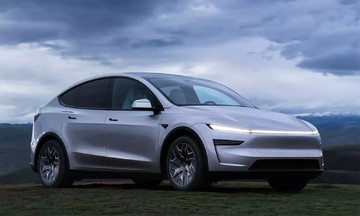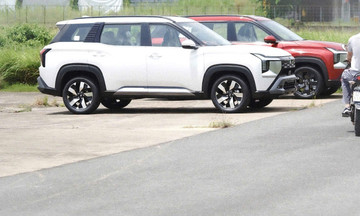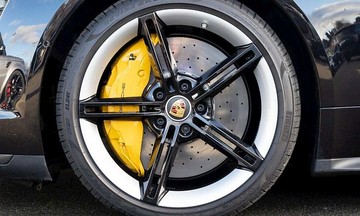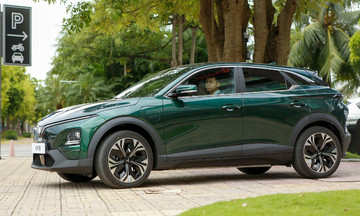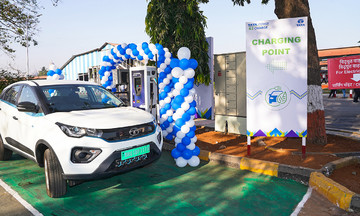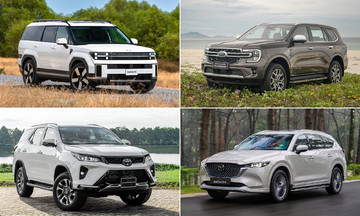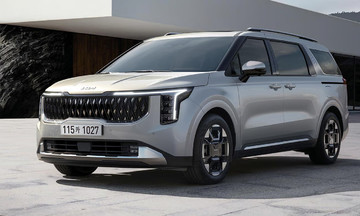Matson, a 143-year-old Honolulu, Hawaii-based shipping company, transports vehicles between the US and Hawaii, Guam, and Alaska. The company's fleet of container and roll-on/roll-off ships is currently refusing electric and hybrid vehicles.
Matson's FAQ page lists some interesting vehicle exceptions, including height and width restrictions and a peculiar policy stating, "No Corvettes or Camaros may be shipped eastbound from Hawaii or neighboring islands to the mainland". The most restrictive, however, is the answer regarding transporting electric or plug-in hybrid vehicles.
"Matson does not transport electric or plug-in hybrid vehicles because lithium-ion batteries are classified as hazardous materials. These batteries have a high energy density and are more prone to fire and explosions compared to internal combustion engines," Matson stated.
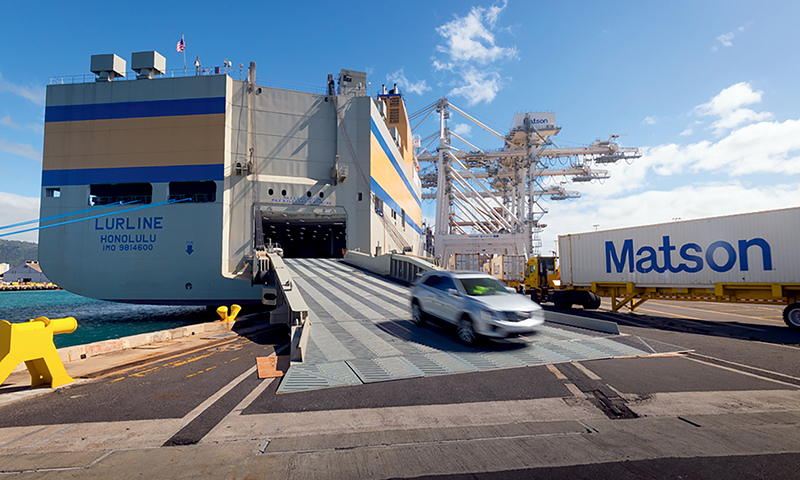 |
A Matson car carrier at the port of Honolulu. Photo: Matson |
A Matson car carrier at the port of Honolulu. Photo: Matson
According to Maritime Executive, this ban may not be permanent. Matson has informed customers that it supports efforts to develop safety standards addressing the fire and explosion risks of lithium-ion batteries at sea. The company will resume transport once a safe solution meeting requirements is available. Hawaii currently has about 37,000 electric vehicles, and demand continues to rise.
This move comes as electric vehicle adoption in the US is growing. Recent data from CDK Global shows that over 607,000 new electric vehicles were sold in the US during the first half of 2025, a 1.5% increase from the same period last year, even amidst a declining market. Despite increased adoption, consumers still have concerns about electric vehicles. A June AAA survey revealed that many Americans cite charging infrastructure, range anxiety, and durability concerns as reasons for hesitation.
Repair data suggests that electric vehicles generally have lower maintenance costs than internal combustion engine vehicles. However, they also spend more time in the shop, primarily due to parts shortages and the need for specialized technicians.
With regulatory bodies like the International Maritime Organization under pressure to act, this story could mark the beginning of much broader assessments of how the global supply chain handles electrification.
Major fires on car carriers have occurred several times in recent years. In 2022, the Felicity Ace caught fire while carrying approximately 1,100 Porsches and nearly 200 Bentleys. Last June, the Morning Midas, carrying 3,048 vehicles, including 70 electric vehicles and 681 hybrid vehicles, caught fire, and firefighting efforts failed. While the crew was rescued, the ship sank about 720 km off the coast of Alaska.
My Anh (Autoblog)



